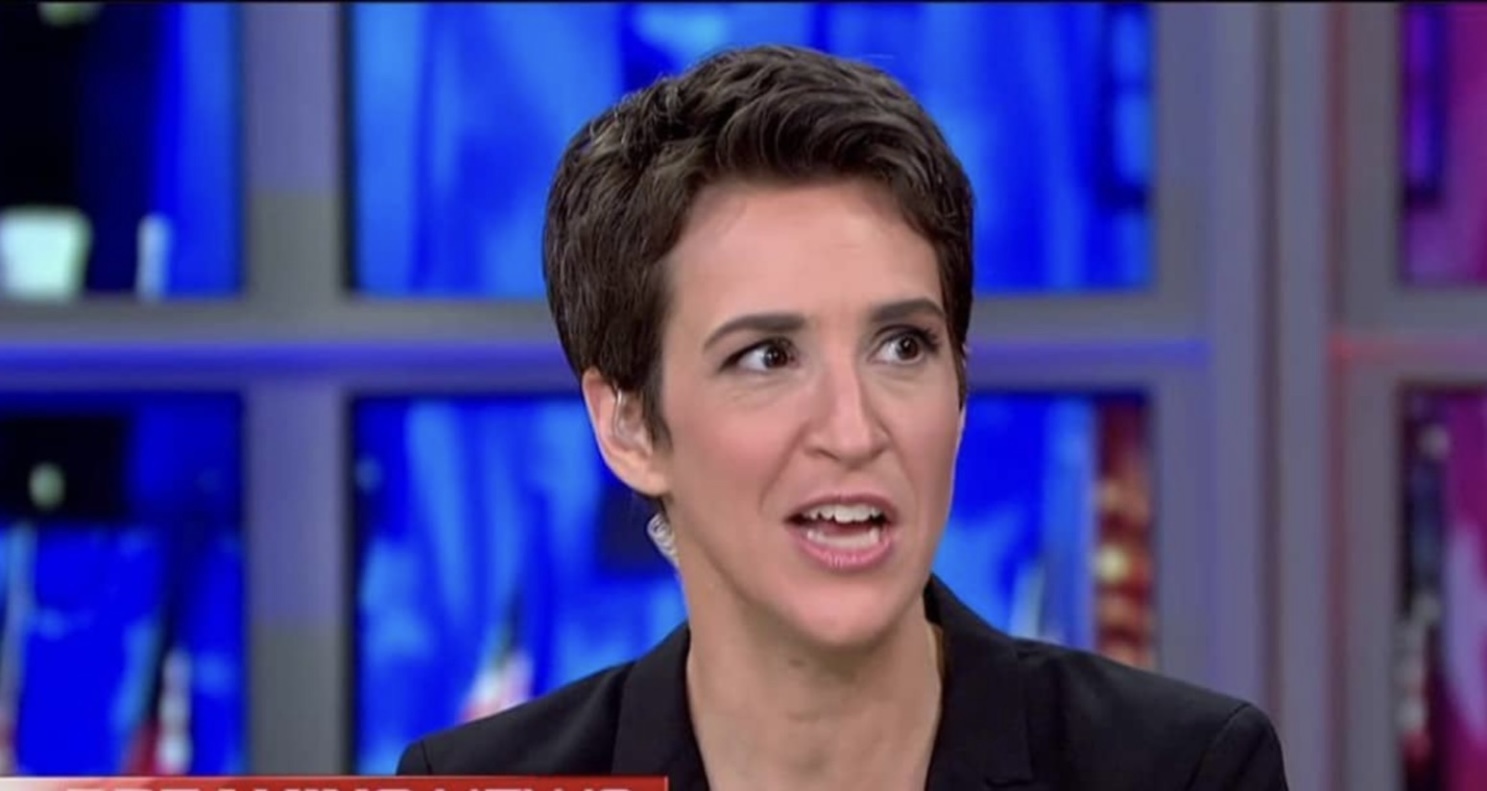The Shifts at MSNBC: Rachel Maddow, Staff Changes, and the Conversation on Media Standards
Introduction
In recent weeks, MSNBC has experienced notable changes in its personnel and programming, sparking significant discussion both on and off-air. Central to the controversy is longtime host Rachel Maddow, who has voiced strong opinions about the network’s decisions, including the firing of fellow host Joy Reid. Maddow criticized this move, calling it a “bad mistake,” and expressed concerns about the loss of diverse voices, particularly non-white hosts in prime-time slots. The announcement of upcoming staff cuts, including those affecting her own production team, has only intensified the debate. With the network restructuring, including Jen Psaki taking over Maddow’s time slot after 100 days, questions about MSNBC’s management practices and diversity efforts have surfaced. This article delves into the unfolding situation at MSNBC, examining the causes of the staffing changes, Maddow’s response, and the wider implications for the media industry.
MSNBC’s Role in the Media Landscape
MSNBC has long been a key player in the American cable news scene, known for its progressive commentary and in-depth political analysis. Over the years, figures like Rachel Maddow, Joy Reid, and Jonathan Capehart have become synonymous with the network’s distinct approach to news. However, like many media outlets, MSNBC has faced challenges in recent years due to economic pressures, evolving viewer preferences, and growing competition from both traditional and digital platforms. In response, the network has made several cuts to staff and programming in an effort to streamline operations and control costs. These adjustments have led to a rethinking of the network’s future, particularly as it faces a rapidly changing media environment.
Maddow’s Reaction to Joy Reid’s Firing
When Joy Reid was let go, Rachel Maddow openly expressed her disapproval. On-air, she described the decision as a “bad mistake” and criticized the network’s management. Maddow pointed out the significance of having non-white hosts in prime-time slots, emphasizing that the loss of such voices was an issue for both diversity and the network’s journalistic integrity. She argued that these changes risked undermining the diverse perspectives that MSNBC had long been known for. For Maddow, this wasn’t just about a programming choice—it was about the network’s commitment to diversity and high-quality journalism.
Criticism from Megyn Kelly
Former Fox News host Megyn Kelly entered the debate, offering a sharp critique of Rachel Maddow’s comments. At a recent event, Kelly questioned Maddow’s credibility, pointing to her substantial salary and lavish lifestyle, including multiple multimillion-dollar homes. Kelly argued that if Maddow was truly concerned about the layoffs and the impact on staff, she should be willing to take a pay cut to help save jobs at MSNBC. Kelly’s remarks raised questions about the disconnect between Maddow’s public advocacy for staffers and her personal wealth. She challenged Maddow to back up her concerns with actions, suggesting that a significant salary reduction could demonstrate real commitment to helping those affected by the layoffs.
Views from MSNBC Staff
Inside sources at MSNBC have provided varying perspectives on the recent changes. Some view the staff reductions as an unfortunate but necessary response to the financial challenges faced by the network. The media industry, in general, is undergoing rapid transformation, with digital platforms and changing viewer habits playing a large role in shaping the landscape. Reducing staff and reworking programming may be seen as essential for survival in this environment. However, others are deeply concerned about the long-term effects of these cuts. The departure of experienced staff could result in a decline in the quality of content and the loss of diverse voices. For many, these cuts represent more than just financial adjustments—they signal a shift in the values and priorities of the network, potentially alienating the loyal viewers who have supported MSNBC’s brand of political reporting.
The Role of Public Discourse and Accountability
The ongoing debate about MSNBC’s staffing changes has broader implications for public discourse and media accountability. In an age where information is shared instantly and opinions are amplified by social media, the actions of major news networks hold significant weight. Internal conflicts, when made public, not only affect how viewers perceive the network, but also raise questions about the ethical responsibilities of media organizations.
Moving forward, it will be crucial for media outlets to engage in transparent dialogue with their audiences. By explaining the rationale behind difficult decisions, networks can build trust and demonstrate their commitment to ethical practices. Open communication and a culture of accountability can help media organizations strengthen their relationships with viewers and ensure that their content remains relevant and trustworthy.
Conclusion: Navigating Change and Accountability
The recent changes at MSNBC, including the staffing cuts and Rachel Maddow’s outspoken comments, have highlighted the challenges facing the network and the broader media landscape. At the heart of the debate is a tension between maintaining diverse representation in media and adapting to the financial realities of a changing industry. Maddow’s defense of diverse voices and her critique of management decisions reflect her commitment to the values she believes are essential for quality journalism. However, the scrutiny of her personal wealth and lifestyle raises important questions about the balance between public advocacy and personal responsibility.
As MSNBC restructures its programming, with Jen Psaki taking over Maddow’s time slot, the future direction of the network remains uncertain. What is clear is that these internal changes reflect the larger struggles faced by the media industry in a rapidly evolving environment. The lessons learned from these controversies will likely influence how other networks handle similar challenges, including talent management and editorial strategy.
For media organizations, the key to navigating these changes will be maintaining public trust and delivering high-quality journalism. As viewers and industry observers continue to monitor the fallout from MSNBC’s decisions, the hope is that these events will lead to a more transparent and accountable media landscape—one that prioritizes ethical practices, diversity, and the principles of responsible journalism.
